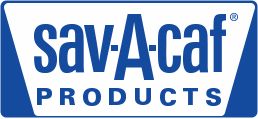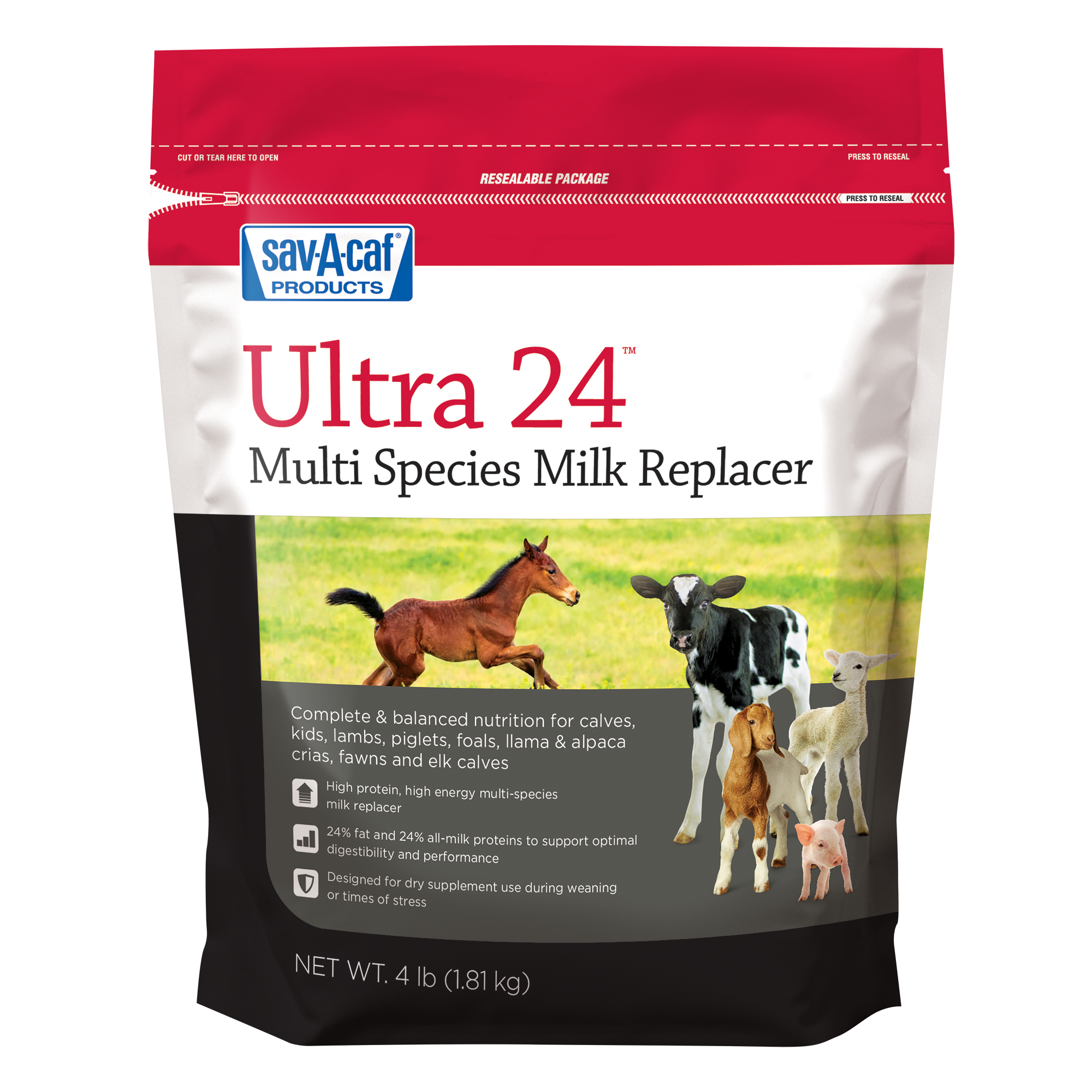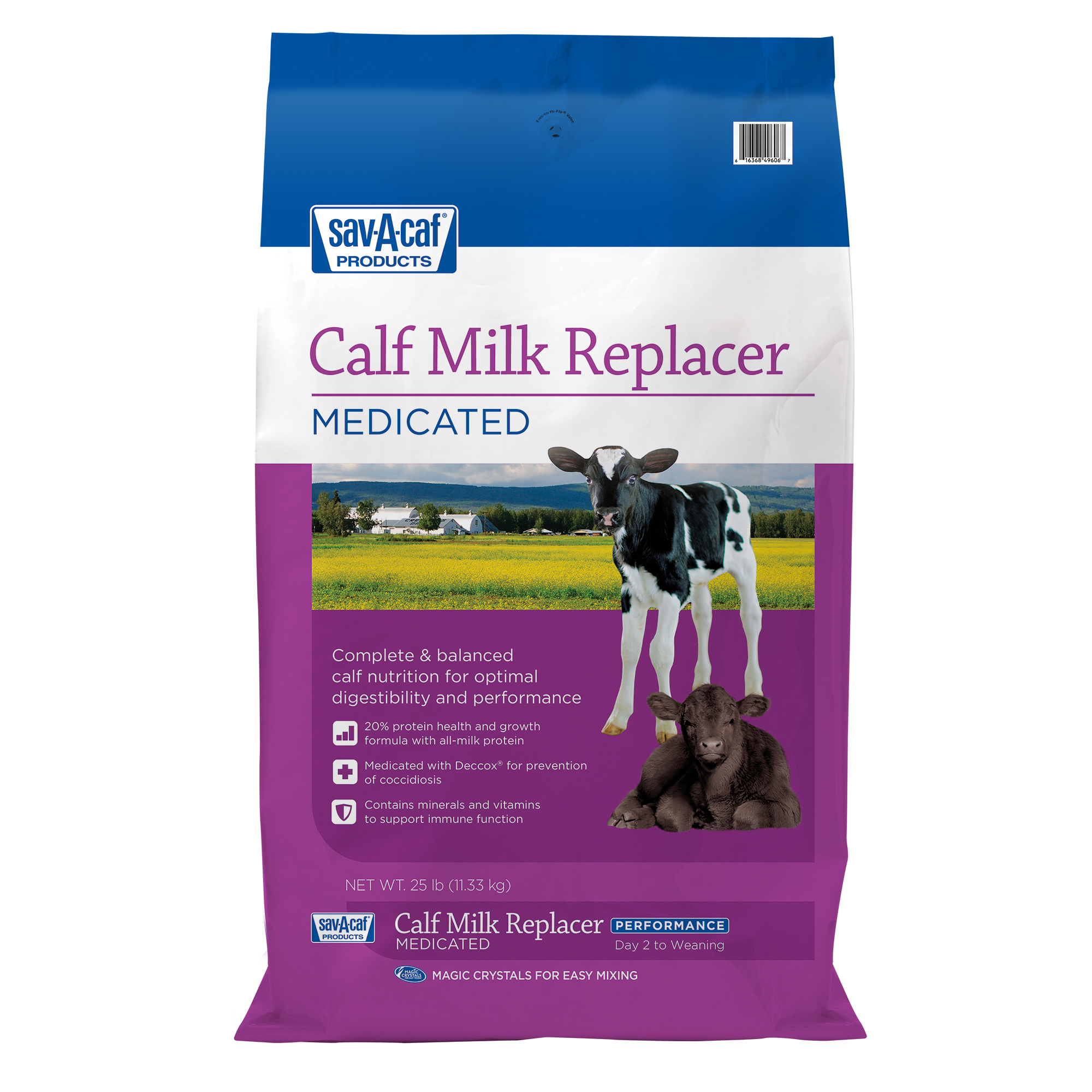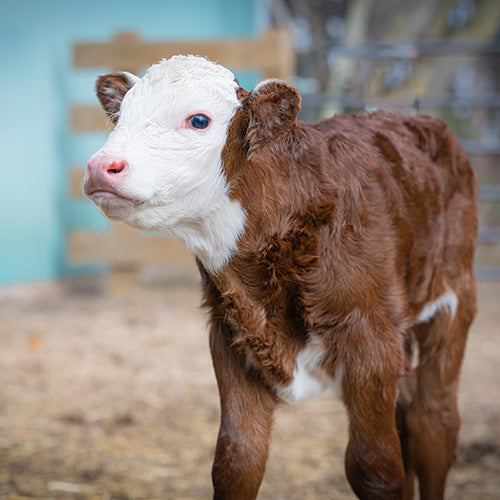
Why quality early-life nutrition matters in cattle
The nutrition a calf receives during its first 60 days of life can have a critical impact on its future health and wellbeing, affecting factors like immunity, digestion, growth and development. Ensuring your newborn calf gets enough quality colostrum and milk — either from its mother or from a replacer or supplement — is a great way to set the stage for a lifetime of health and productivity. Let’s explore some of the ways colostrum and milk consumption in a calf’s early days can impact the rest of its life.
Colostrum’s Impact on Immunity
Optimizing cattle nutrition begins within the first moments of a calf’s life when it consumes colostrum, the first milk its mother produces after giving birth. Calves are born with immature immune systems, so they have little to no immunity against disease. Instead, they receive immunity from their mother through colostrum, which contains critical antibodies. The calf’s digestive tract only allows absorption of these antibodies temporarily, however, so it’s absolutely key to ensure they receive sufficient, quality colostrum within the first few hours after birth. If they don’t receive enough antibodies soon after birth, they are much more susceptible to illness and sickness throughout their lives.[1]
When a calf doesn’t successfully absorb an adequate amount of antibodies from colostrum, it’s called failure of transfer of passive immunity (FTPI) and the effects can be dire. FTPI is associated with high rates of illness and even death among newborn calves.[2] In fact, calves with FTPI are 5.4 times more likely to die during the preweaning period than calves who experience successful transfer of passive immunity.[3]
The Importance of Colostrum for Digestive Development
Feeding the correct amount of colostrum offers benefits beyond immunity. Colostrum also stimulates the development of the digestive tract, which allows for greater nutrient absorption and improved gut health.[4]
If the calf’s mother doesn’t produce enough colostrum or colostrum with high enough levels of IgG (antibodies), you can help your calf get a strong start by choosing a colostrum replacer or supplement. Sav-A-Caf® Colostrum Replacer 100, for example, provides a quality, reliable replacement to maternal colostrum and includes a minimum of 100 grams of IgG per pouch, in addition to essential vitamins and minerals to support immune function in calves. Sav-A-Caf Colostrum Supplement can provide additional nutrients, proteins and 55 grams of IgG per pouch for calves who may not have received enough maternal colostrum after birth.
Milk’s Impact on Average Daily Gain (ADG) and Digestive Health
In the first week of a calf’s life, it’s critical for them to receive adequate amounts of high-quality milk replacer or pasteurized whole milk. This period is critical for the development of the animal’s digestive system, so it’s also a good idea to begin offering small amounts of a high-quality calf starter concentrate free choice. Once starter concentrate is introduced, be sure the calf has free-choice access to fresh, clean water at all times. Introducing grain and water early allows the calf to start developing the beneficial bacteria and functional tissues in the rumen needed to later digest forage. Feeding your calf large amounts of forage too early, however, can slow down ruminal development, so farmers should avoid feeding hay or allowing access to large amounts of pasture until well after weaning.
Pre-weaning diets that restrict milk allowances, may have some unintended consequences. Although it is important to set the stage of ruminal development by introducing starter, restricting milk intake is associated with lower growth rates and high mortality rates.[5] Some studies demonstrate that raising calves on a higher milk allowance promotes pre-weaning growth, optimal rumen development, feed efficiency and first-lactation milk yield.[6]
Sav-A-Caf Milk Replacers are specifically formulated for calves and provide the right blend of carbohydrates, fat, protein and essential vitamins and minerals to support them as they grow. No matter what your goals are for your calves, optimizing colostrum and early nutrition sets the stage for a healthy, productive life. Check out more tips and resources on raising calves and browse all Sav-A-Caf products.
--------------
[1] Linder, Haley, Clark, Halden, Drewnoski, Mary. A Calf’s Most Important Meal: Colostrum. UNL Beef. Available at: https://beef.unl.edu/beefwatch/2020/calfs-most-important-meal-colostrum. February 10, 2020. Accessed April 20, 2022.
[2] Robison, J.D., Stott, G.H., DeNise, S.K., Effects of Passive Immunity on Growth and Survival in the Dairy Heifer. Journal of Dairy Science. Available at: https://www.journalofdairyscience.org/article/S0022-0302(88)79684-8/pdf. December 7, 1987. Accessed April 12, 2022.
[3] Linder, Haley, Clark, Halden, Drewnoski, Mary. A Calf’s Most Important Meal: Colostrum. UNL Beef. Available at: https://beef.unl.edu/beefwatch/2020/calfs-most-important-meal-colostrum. February 10, 2020. Accessed April 20, 2022.
[4] Godden, Sandra M., Lombard, Jason E., Woolums, Amelia R. Colostrum Management for Dairy Calves. The Veterinary Clinics of North America Food Animal Practice. Available at: https://www.ncbi.nlm.nih.gov/pmc/articles/PMC7125574/. November 2019. Accessed April 20, 2022.
[5]Metabolic programming through optimizing colostrum management and feeding high planes of nutrition. Available at: https://ruminants.lifestartscience.com/colostrum-management/effects-of-colostrum-quality-and-milk-quantity-fed-on-calf-growth-and-future-performance. Accessed April 20, 2022.
[6] Jafari, A. Azarfar, A., Ghorbani, G.R., Mirzaei, M., Khan, M.A., Omidi-Mirzaei, H., Pakdel, A., Ghaffari, M.H. Effects of physical forms of starter and milk allowance on growth performance, ruminal fermentation, and blood metabolites of Holstein dairy calves. Journal of Dairy Science. Available at: https://www.sciencedirect.com/science/article/pii/S0022030220308420. October 23, 2020. Accessed April 12, 2022.
Find Solutions for Your Animals
-
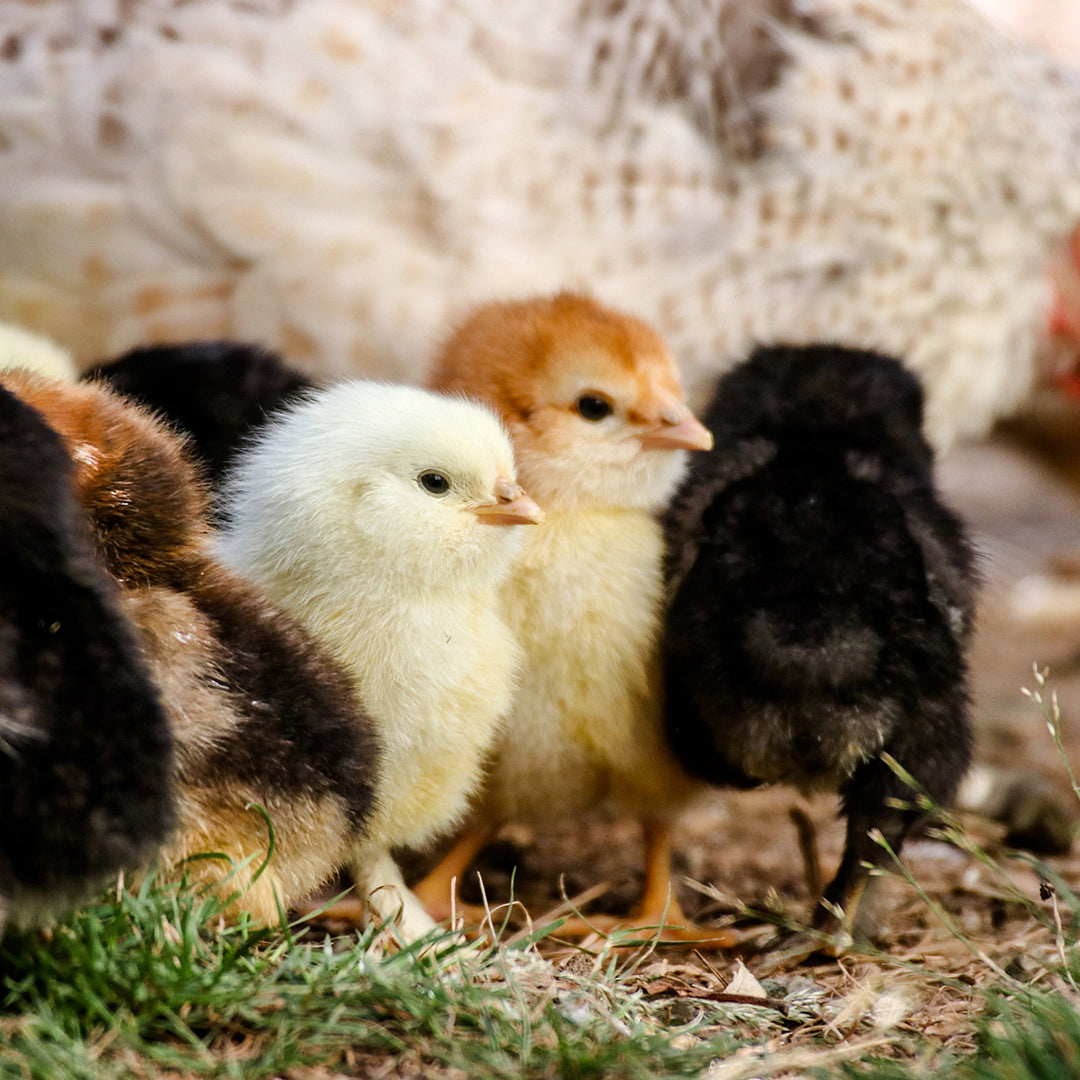
Whether housed in a coop or free ranging on your farm, your birds are exposed to multiple threats every day that could cause illness or impact their well-being. Now there’s a way to be more proactive with regular support for...
-
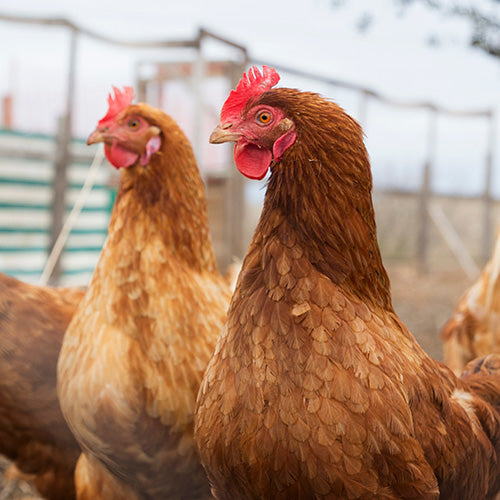
You’ve raised your chicks to adulthood and now they’re fully feathered hens. Way to go! Now, you get to enjoy their eggs and companionship for years to come. To maximize their life, support their production potential and kee...
